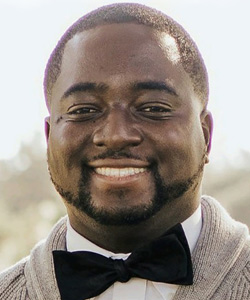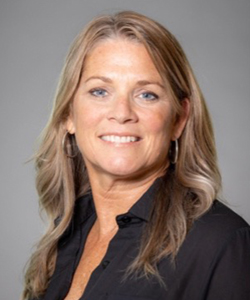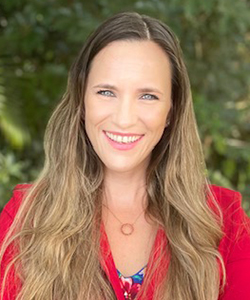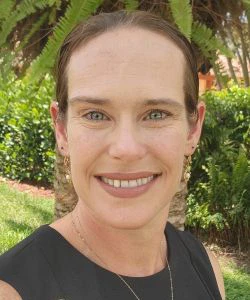Empowering Community Schools
The UCF Center for Community Schools operates as a practice-based organization dedicated to providing comprehensive support for community schools. This includes delivering technical assistance, facilitating university-assisted partnerships, offering training and development, and conducting assessments and evaluations.
In 2010, UCF co-founded the Community Partnership School™ model with Children’s Home Society of Florida and Orange County Public Schools at Evans High in Orlando. Since then, the center has been at the forefront of community school development in the state. In 2014, the UCF Center for Community Schools opened to further support the Community Partnership Schools model throughout Florida and enhance the broader practice of community schooling. The center has also implemented a rigorous, strength-based certification process to ensure best practices, with the number of UCF-Certified Community Partnership Schools increasing each year, and many others seeking certification.
Expanding upon its foundational model, the center also supports the Unlimited Potential Initiative community school model. This innovative approach further expands the types of community school models supported by the center, aiming to align with evolving educational and community needs while retaining a commitment to high-quality, evidence-based practices.
Our Team
Leadership
Team
-
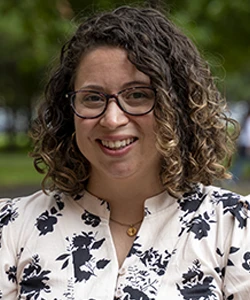
Alexandra Albizu-Jacob
Program Manager -
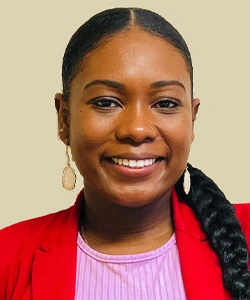
Daniela Aquino
Program Manager I -
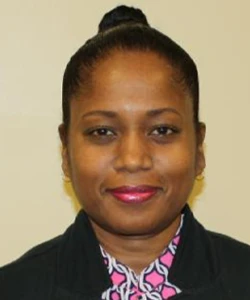
Sandra Beckles
Administrative Coordinator I -
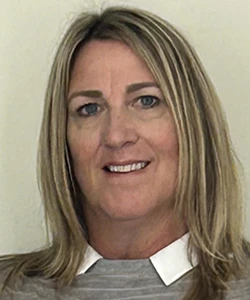
JoDee Buis
Program Manager I -
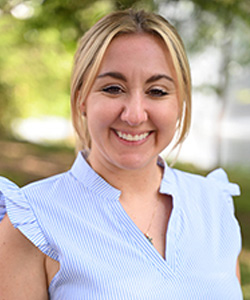
Katelyn Cotelo
Program Manager II -
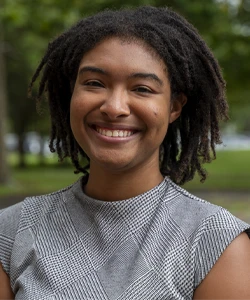
Ansley Davis, Ph.D.
Postdoctoral Scholar -
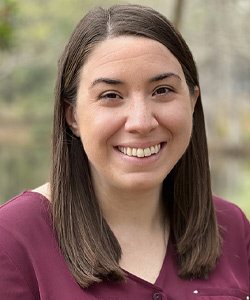
Shannon Elliston
Program Manager I -
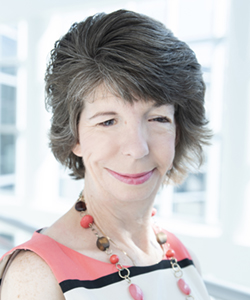
Ann Fivie
Administrative Coordinator II -
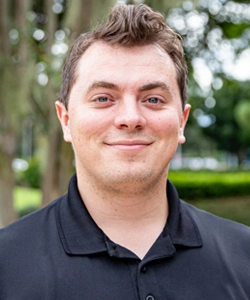
Alexander Gagnon
Communication Specialist II -
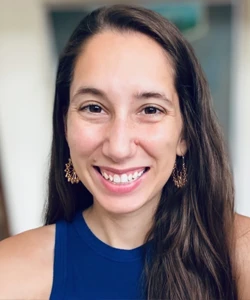
Veronica Glaeser
Program Coordinator -
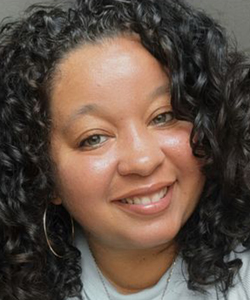
Justine Jordan
Program Manager I -
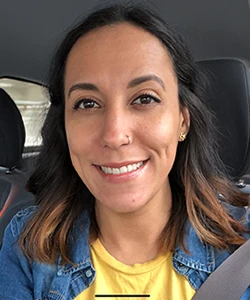
Amanda Kern
Administrative Coordinator I -
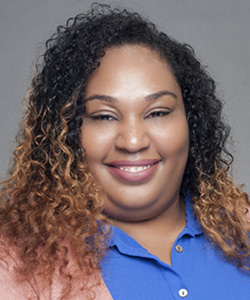
Nyesha Logan
Program Manager I -
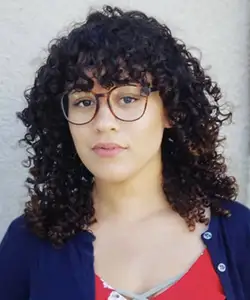
Cari Mercado
Program Coordinator -
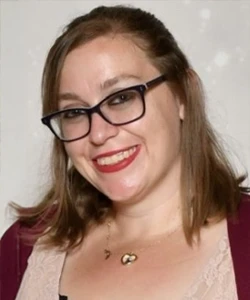
Dara Miniard
Program Coordinator -
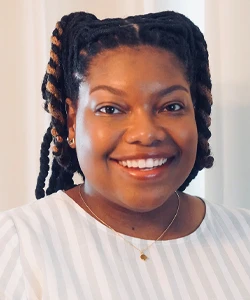
Ukeitha Montgomery
Program Manager I -
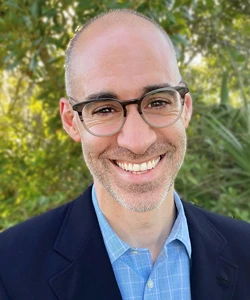
Andrew Smith
Program Manager I -
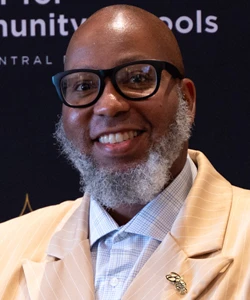
Javaris Yarns
Program Manager II
Advisory Board Members

Cory Bowman
Director, University-Assisted Community Schools (UACS) National Network and UACS Regional Training Centers Program
Associate Director, Netter Center for Community Partnerships
University of Pennsylvania
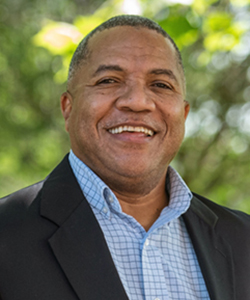
Malcolm Butler, Ph.D.
Professor and Dean
University of North Carolina, Charlotte
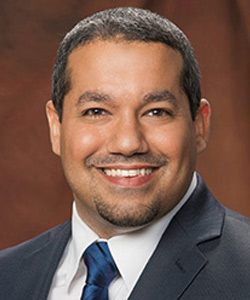
Braulio Colón
Executive Director
Florida College Access Network
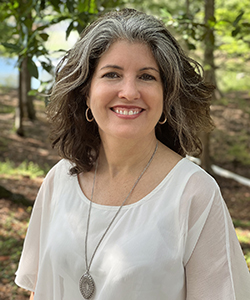
Amy Ellis, Ed.D.
Director
UCF Center for Community Schools

Abe Fernández
Vice President of Collective Impact and Director
National Center for Community Schools
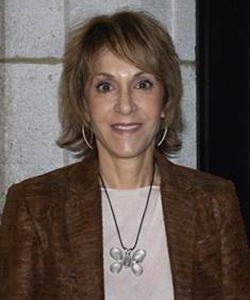
Dr. JoAnne Ferrara
Professor Emerita
School of Education
Manhattanville College
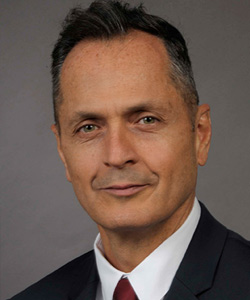
Florencio Eloy Hernández, D.Sci.
Dean and Professor
College of Sciences at Texas A&M University-Corpus Christi
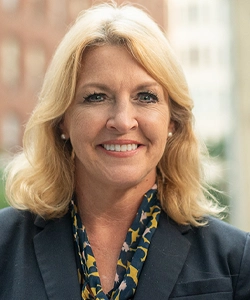
Diane Gullett, Ed.D.
Chief Academic Officer
Bailey Education Group
Former Superintendent
Marion County Public Schools
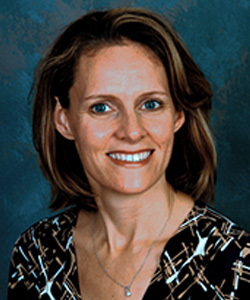
Tara Hormell
Senior Vice President of Operations
Children’s Home Society of Florida
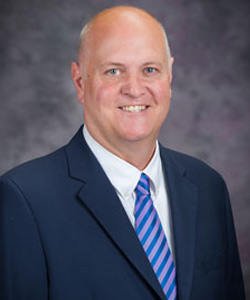
Jerry Johnson, Ed.D.
Phoebe Moore Dail Distinguished Professor in Rural Education
East Carolina University
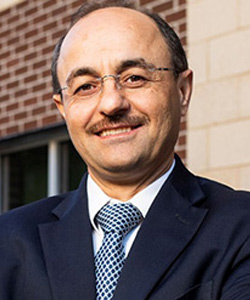
Naim Kapucu, Ph.D.
Pegasus Professor and Interim Associate Dean, Research and Innovation
UCF College of Community Innovation and Education
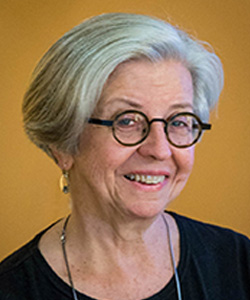
Jane Quinn
Senior Fellow
Institute for Educational Leadership
Membership
The UCF Center for Community Schools Advisory Board comprises leaders in community schools and other fields who provide expertise in support of the center’s mission and vision. Its members help to sustain and expand the center’s efforts, access knowledge-based resources, support program accountability through guidance and feedback, and serve as ambassadors in community collaborations.
Meetings
Meetings are scheduled as needed but no less than two times a year and may be in person or via teleconference. An agenda and any materials to be reviewed are sent to all participants at least one week prior to each meeting.
Contact Us
Phone: 407-823-3731
Email: ccs@ucf.edu
Physical Address
UCF Center for Community Schools
Orlando Tech Center (OTC), Rm 402
12443 Research Parkway
Orlando, FL
Mailing Address
P.O. Box 161251
Orlando, FL 32816-1251
Need more information? Visit parking.ucf.edu.

